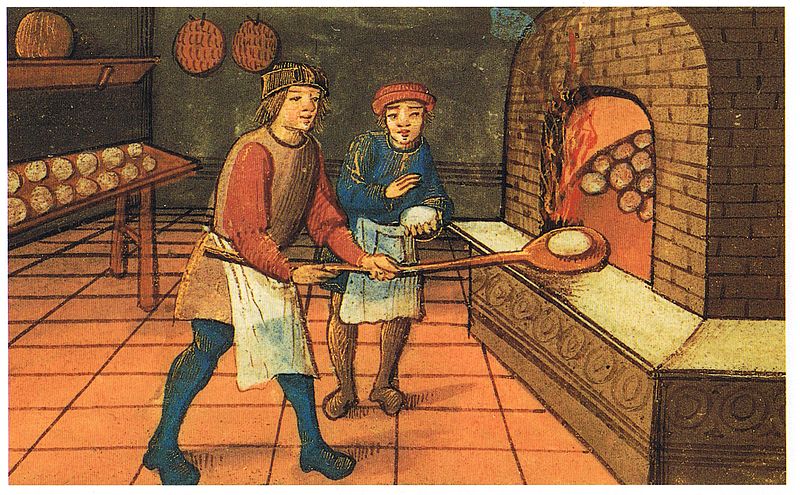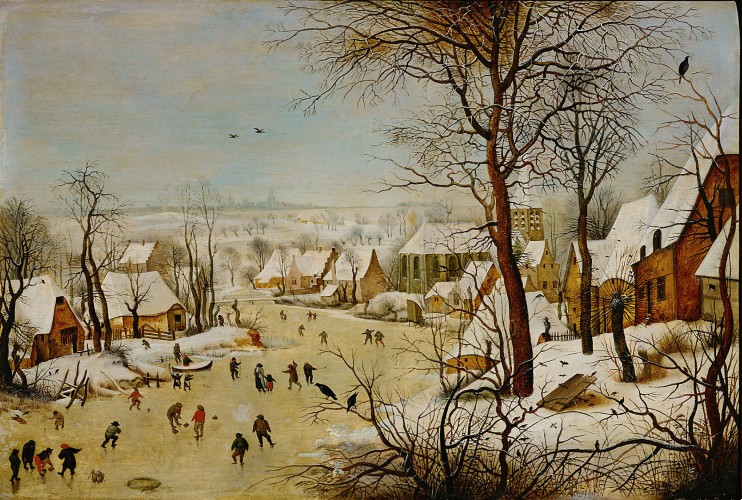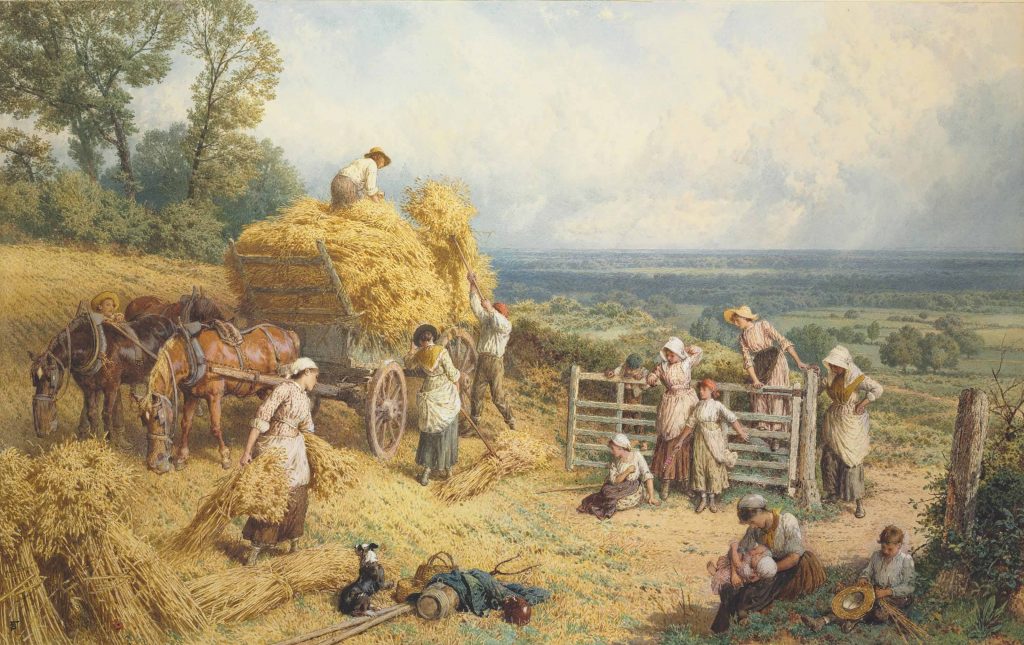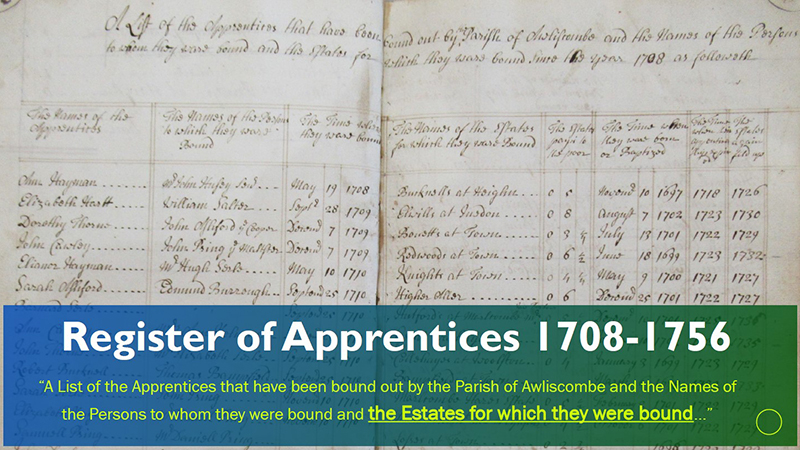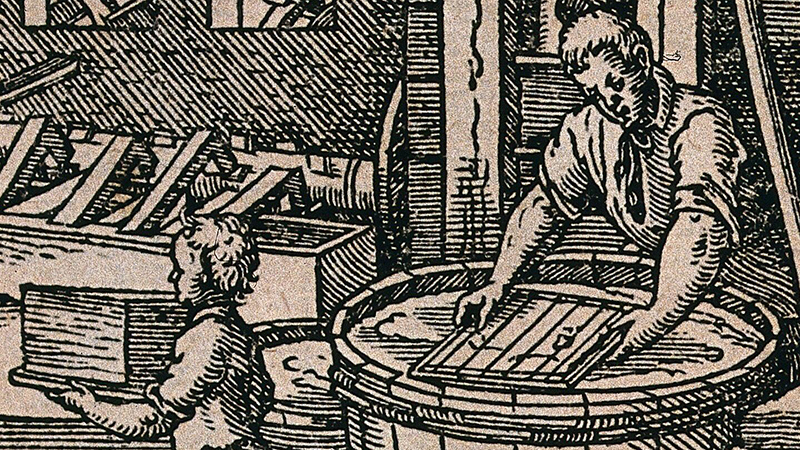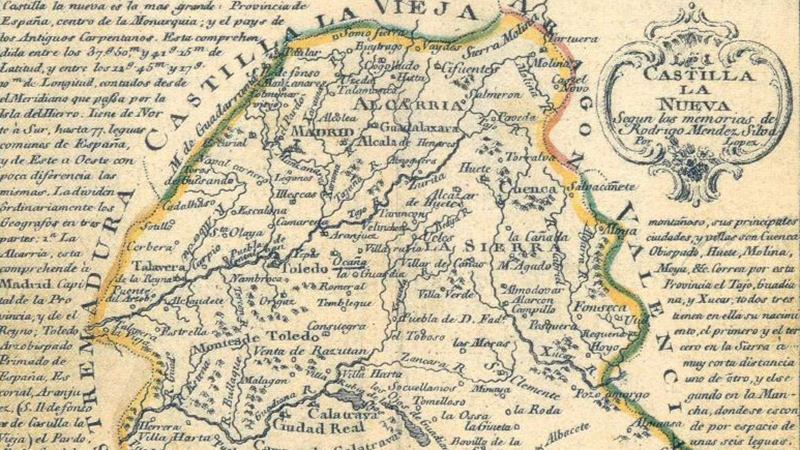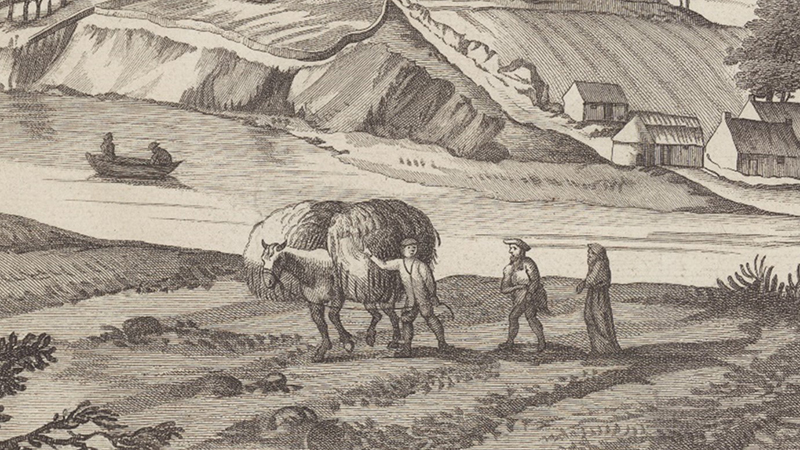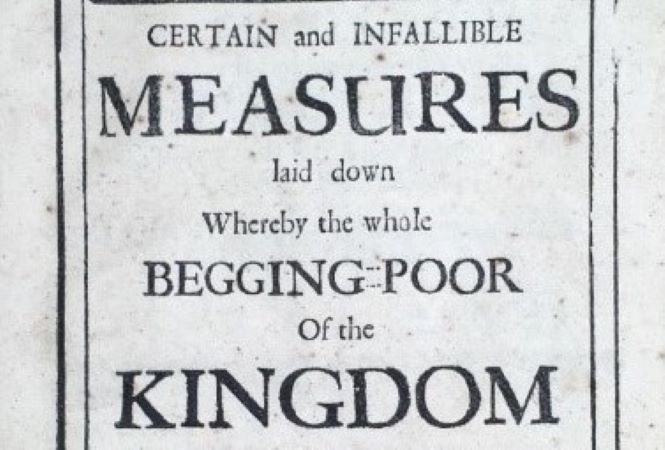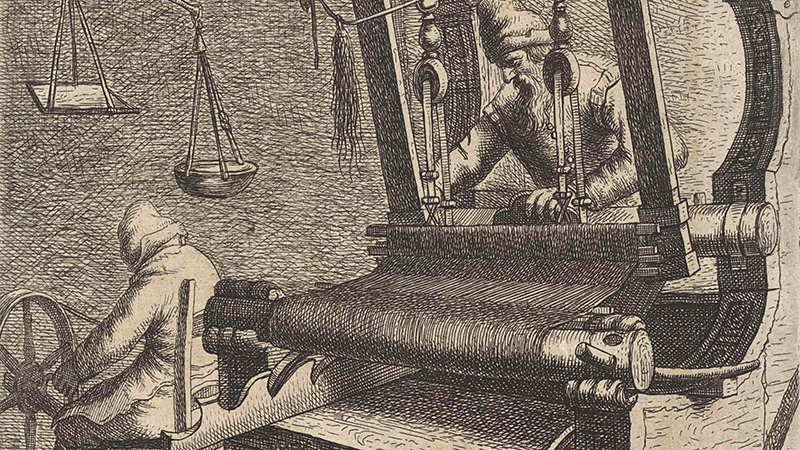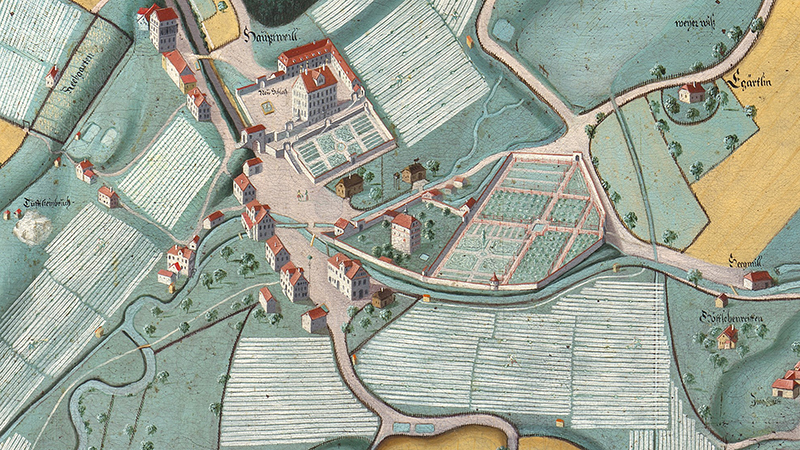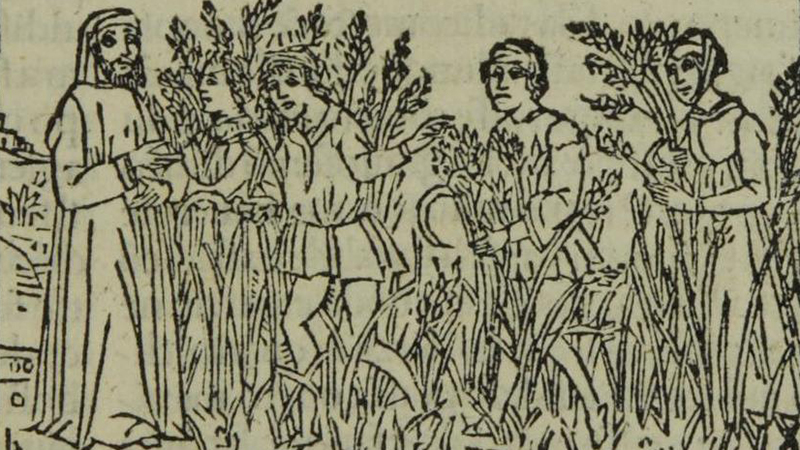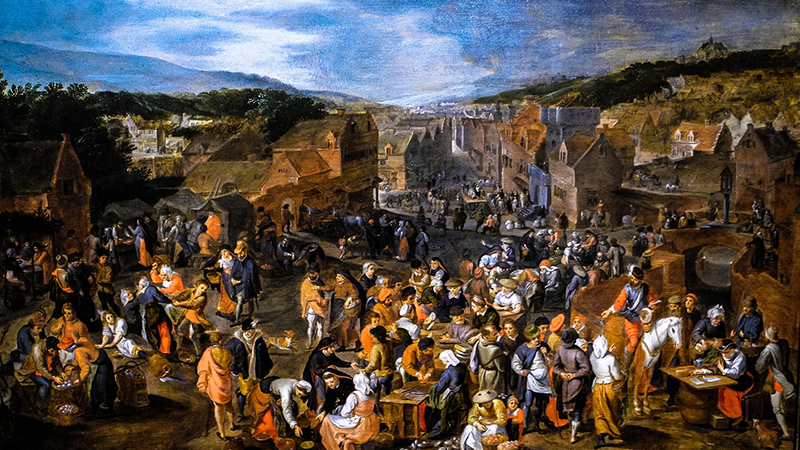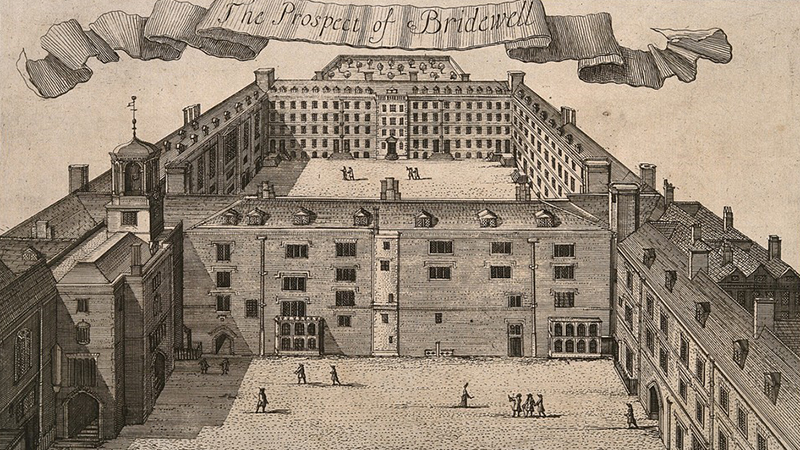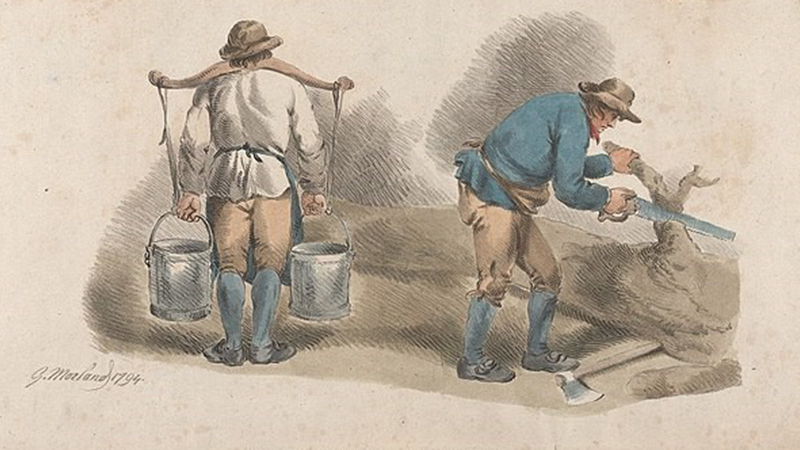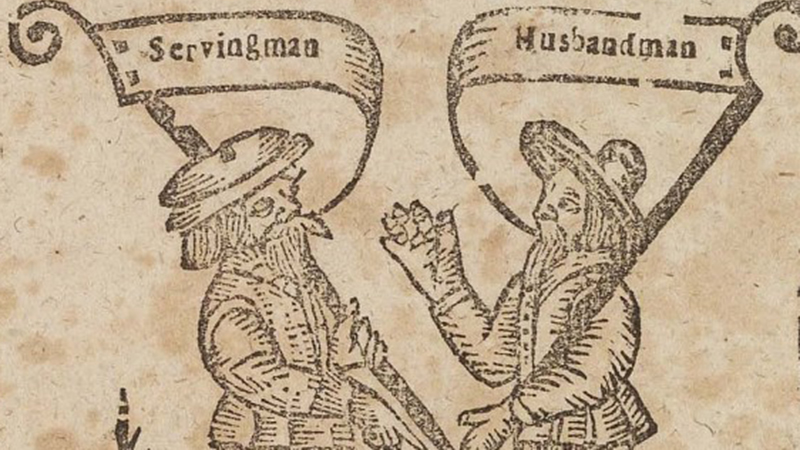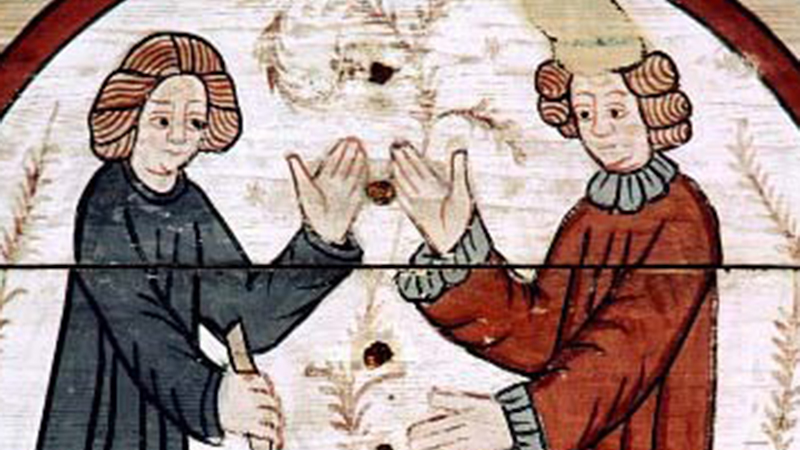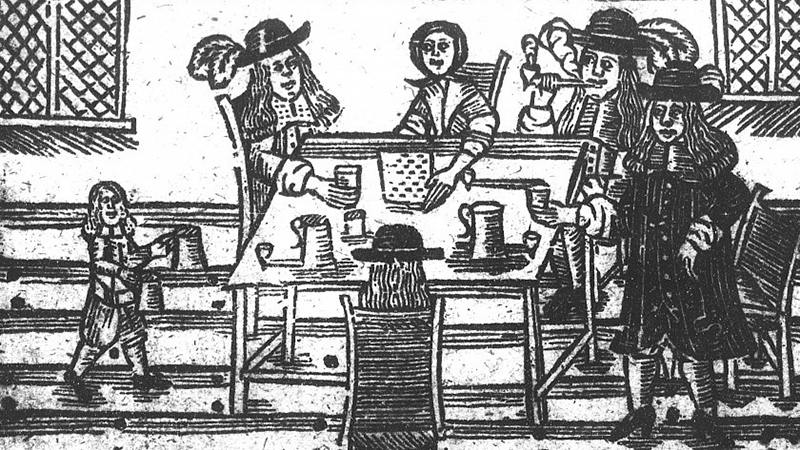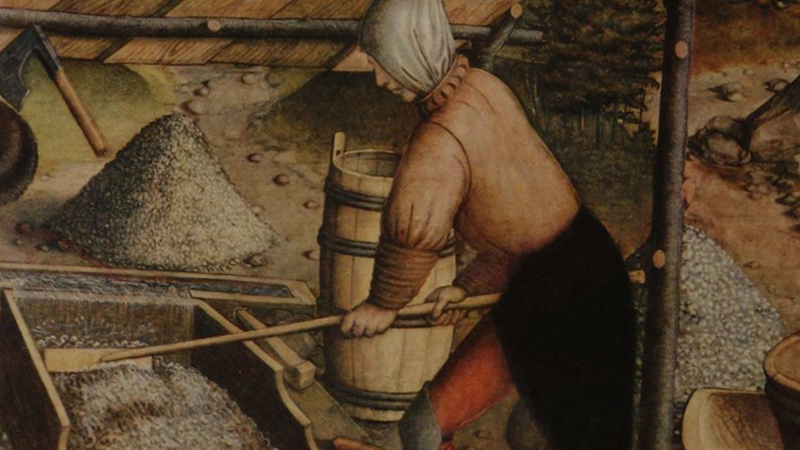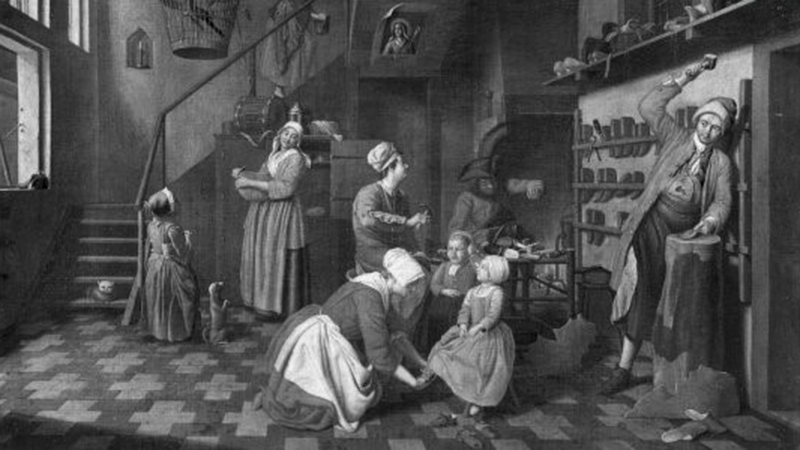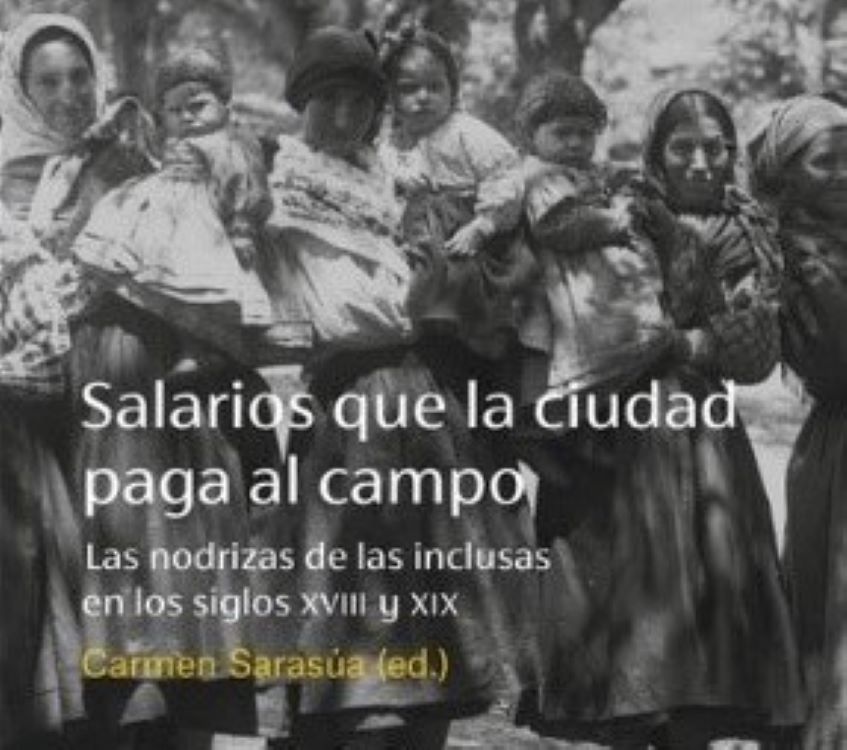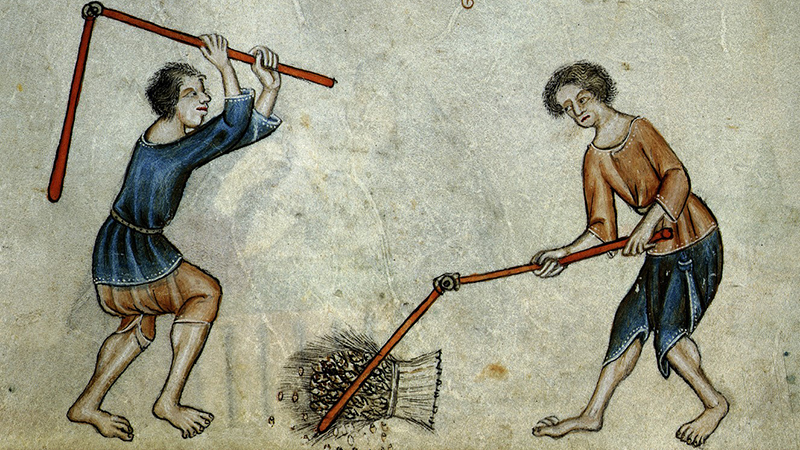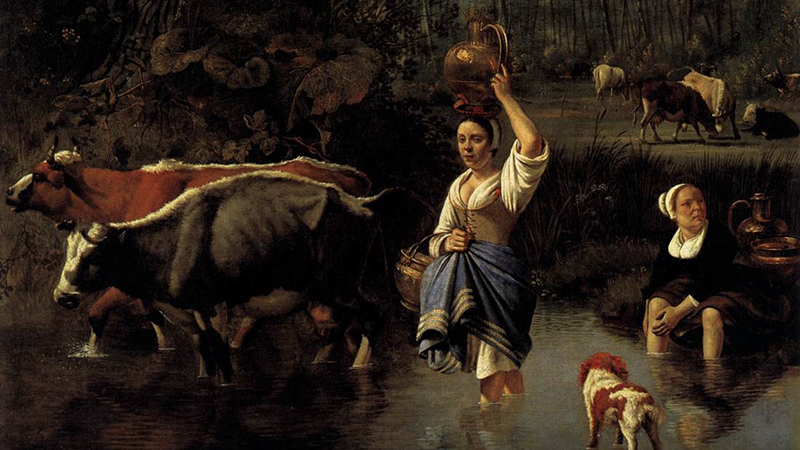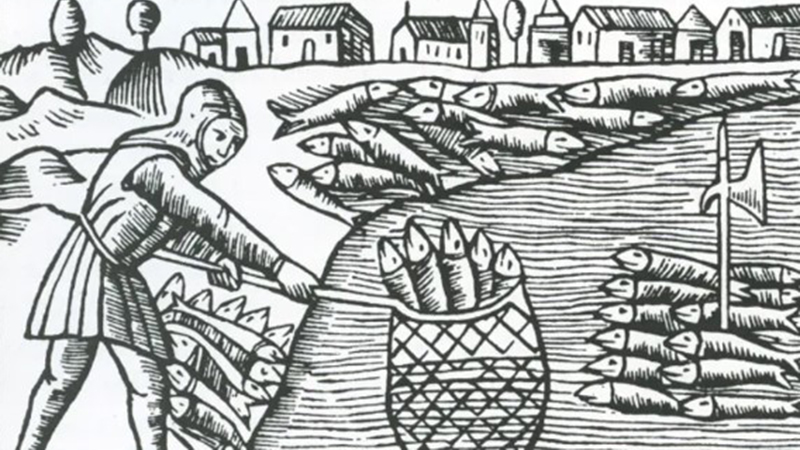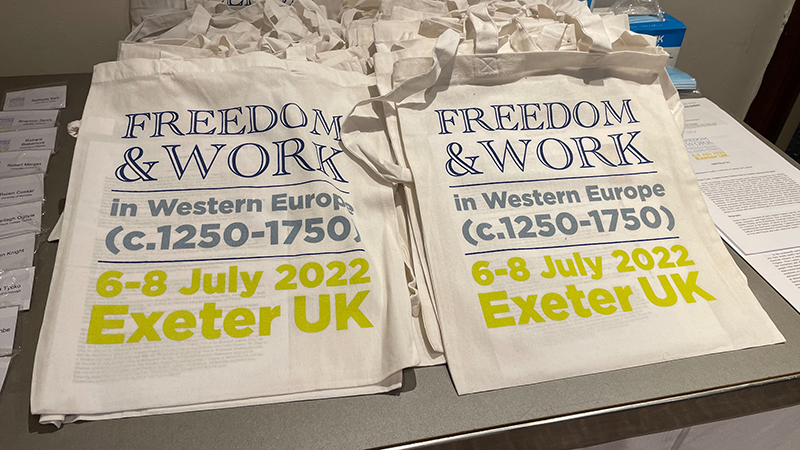Freedom & Work in Western Europe (c. 1250-1750)
6-8 July 2022 | Three-day conference | Exeter, UK
Welcome to our blog series showcasing research presented at the ‘Freedom & Work in Western Europe (c.1250-1750)’ conference, held on 6-8 July 2022 in Exeter, UK.
The conference aimed to explore the complex historical relationships between freedom and work in Western Europe from 1250 to 1750.
Read our full introduction to the blog series here
A group of international scholars presented 42 papers over 3 days investigating the diverse mechanisms of coercive institutions and the relative agency of diverse kinds of workers across Europe societies. You can see the full programme here
We invited presenters to write blog posts related to their papers (in whatever way they chose) and below you will find links to 23 short and brilliant pieces of fresh research, plus summaries of our two keynote roundtable discussions, concluding reflections by Prof Jane Whittle drawing together key themes, and a ‘behind the scenes’ narrative by our administrator Vivienne Bates on the experience of organising the event.
You can select and read the posts in any order – please explore at your leisure and return to read more when you have time!
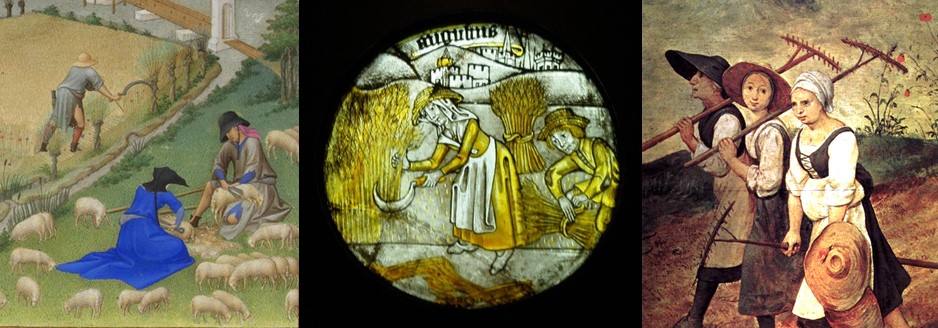
INTRODUCTION: FREEDOM & WORK IN WESTERN EUROPE (c. 1250-1750)
Theme: Apprenticeship
Theme: Ideas of Unfree Labour
Theme: Institutional Power & Economic Relations
Theme: Mechanisms of Compulsory Labour
Theme: Recovering Women’s Work
Theme: Rethinking Wage Labour
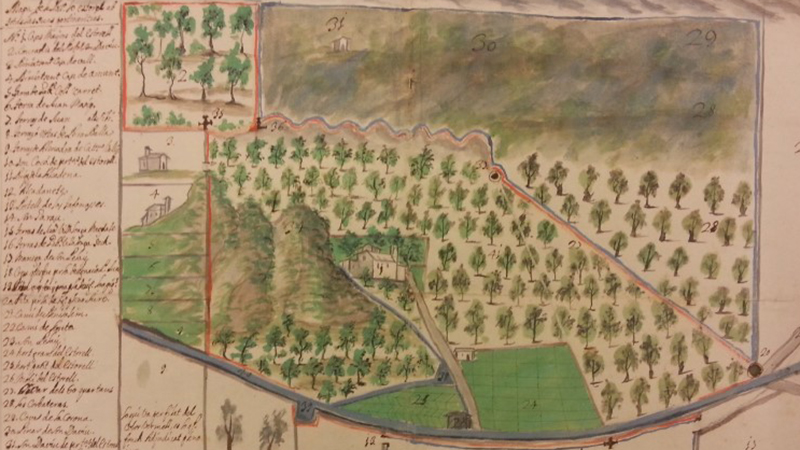
LOOKING FOR AGENCY IN SOUTHERN EUROPE: LIFE COURSE OF FEMALE OLIVE PICKERS, MALLORCA, 1645-1696 – GABRIEL JOVER-AVELLÀ & JOANA MARIA PUJADAS-MORA
Theme: Finding Hidden Work(ers)
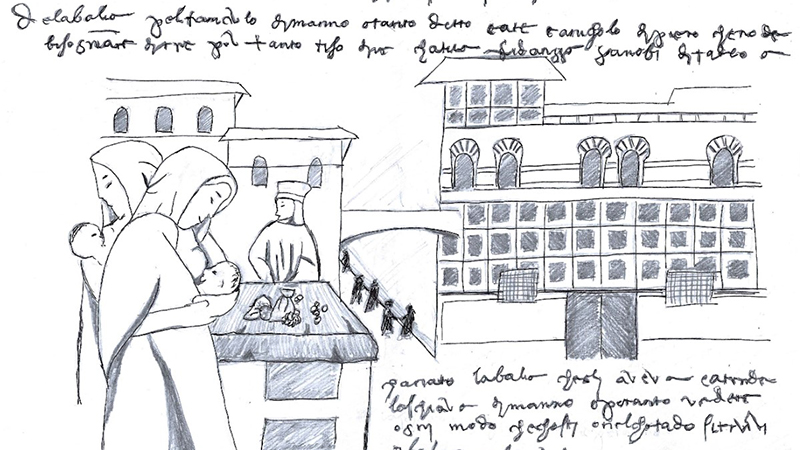
LOST IN TRANSCRIPTION: REMUNERATED BREASTFEEDING AND ENSLAVED MOTHERS IN LATE MEDIEVAL TUSCANY – CORINNA PERES
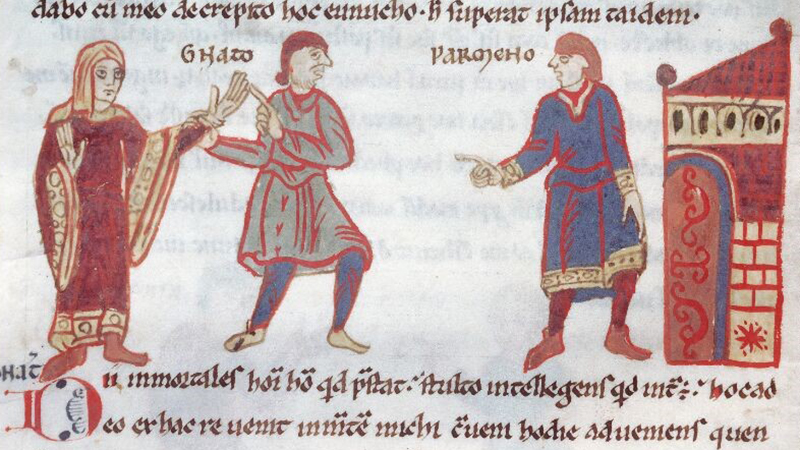
THIS WOMAN’S WORK’: REFLECTIONS ON THE HIDDEN LIVES OF ENSLAVED WOMEN IN THE MIDDLE AGES –TERESA WITCOMBE
Theme: The Work Behind Conferences
THE LABOUR (AND FUN) OF CONFERENCE ORGANISING – VIVIENNE BATES
This conference is organised and hosted by Forms of Labour: Gender, Freedom and Work in the Preindustrial Economy, led by Jane Whittle at the University of Exeter. This project has received funding from the European Research Council (ERC) under the European Union’s Horizon 2020 research and innovation programme (grant agreement No 834385).

